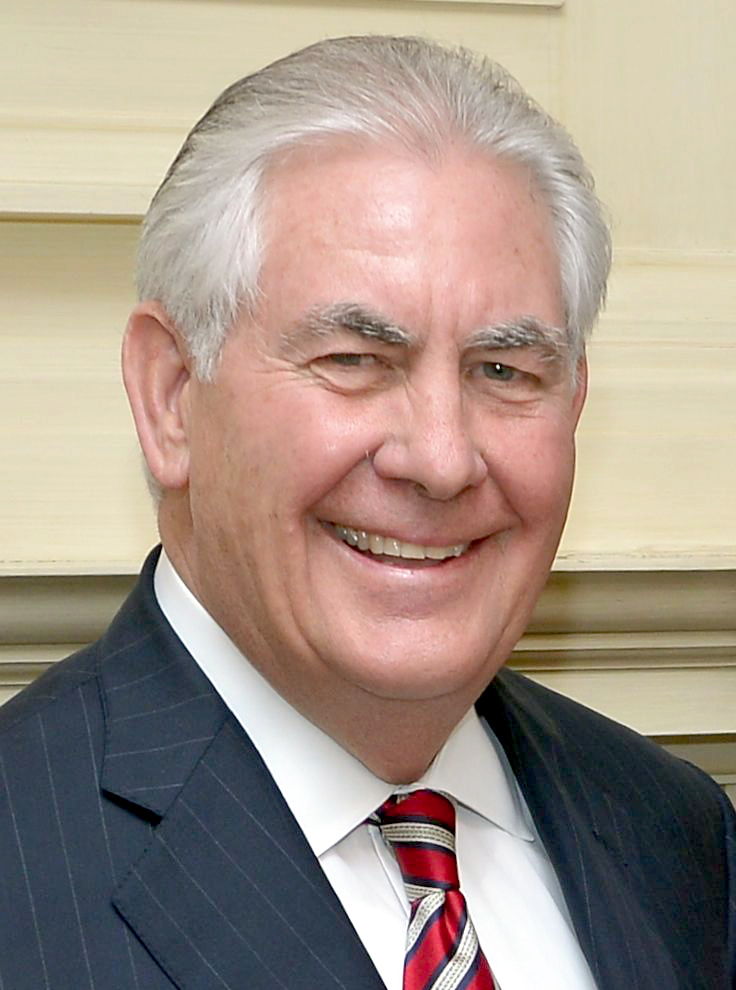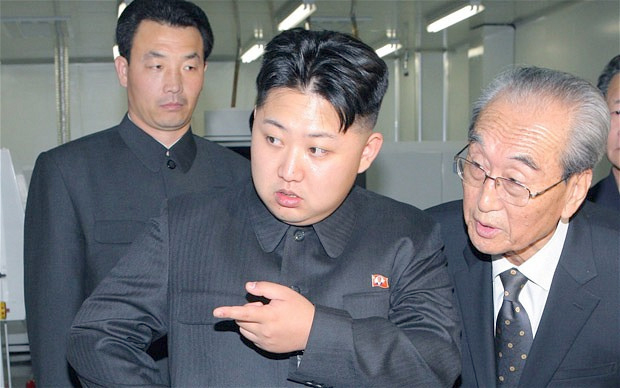Secretary of State Rex Tillerson visited Japan, South Korea and China last week, speaking of policy changes about North Korea.
Tillerson said in a news conference that he is considering military action with North Korea if necessary, saying that he is ending Washington’s “strategic patience.”
Strategic patience was a term used by the Obama administration to describe any action with North Korea.
“Certainly, we do not want things to get to a military conflict … but obviously, if North Korea takes actions that threatens the South Korean forces or our own forces, then that would be met with an appropriate response,” Tillerson said.
After the press conference on Friday, President Donald Trump tweeted “North Korea is behaving very badly. They have been ‘playing’ the United States for years. China has done little to help!”
The Secretary of State said that he would not be open to negotiations with North Korea until they took step towards “denuclearizing, giving up their weapons of mass destruction. Only then will we be prepared to engage them in talks.”
North Korea launched at least four ballistic missiles last week and is developing nuclear-tipped missiles that could reach the United States.
Pyongyang, the capital of North Korea, said that they are preparing for an invasion.
U.S. officials reportedly told multiple news sources that they are expecting even more testing from North Korea in the coming months and year.
Tillerson visited South Korea in a time of political turmoil. South Korea’s president Park Geun-hye was impeached two weeks ago in a corruption scandal. The new president will be elected on May 9. Until then, South Korea’s prime minister is fulfilling the role and met with Tillerson.
 Tillerson met with China on Saturday. The Chinese have been supportive towards renewing diplomatic talks with North Korea.
Tillerson met with China on Saturday. The Chinese have been supportive towards renewing diplomatic talks with North Korea.
“As a close neighbor of the peninsula, China has even more reason than any other country to care about the situation,” Chinese Foreign Ministry spokeswoman Hua Chunying told a briefing.
“We do not oppose South Korean taking necessary measures to protect its security, but these measures cannot be based upon harming the security interests of South Korea’s friendly neighbor, China,” she said.
The U.S. Secretary of State, however, said that “20 years of talks with North Korea have brought us to where we are today.”
“It’s important that the leadership of North Korea realize that their current pathway of nuclear weapons and escalating threats will not lead to their objective of security and economic development. That pathway can only be achieved by denuclearizing, giving up their weapons of mass destruction, and only then will we be prepared to engage with them in talks,” Tillerson said in a news conference.
He also accused China of economic retaliation against South Korea for the U.S. deployment of a missile defense system. He called the retaliation “inappropriate and troubling.”
The six nation diplomatic talks with North Korea were stopped in 2009 by the Obama administration who would not resume them until North Korea took steps towards denuclearization.
Tillerson was criticized before the trip by news sources for not allowing any press members from the U.S. accompany him on his trip.
After 12 media organizations signed a letter to the State Department urging them to reconsider, the State Department offered access to one reporter for the trip.
The reporter has yet to file any stories on the trip.
The State Department said that they were unable to accommodate the press because they were traveling in a smaller plane to save money.
The State Department called this trip a “listening tour” where North Korea was the main focus.
“We are exploring a new range of security and diplomatic measures. All options are on the table,” Tillerson told a news conference in Seoul.
Tillerson concluded his visit with a trip to Beijing, China.
Laina Yost
Managing Editor
